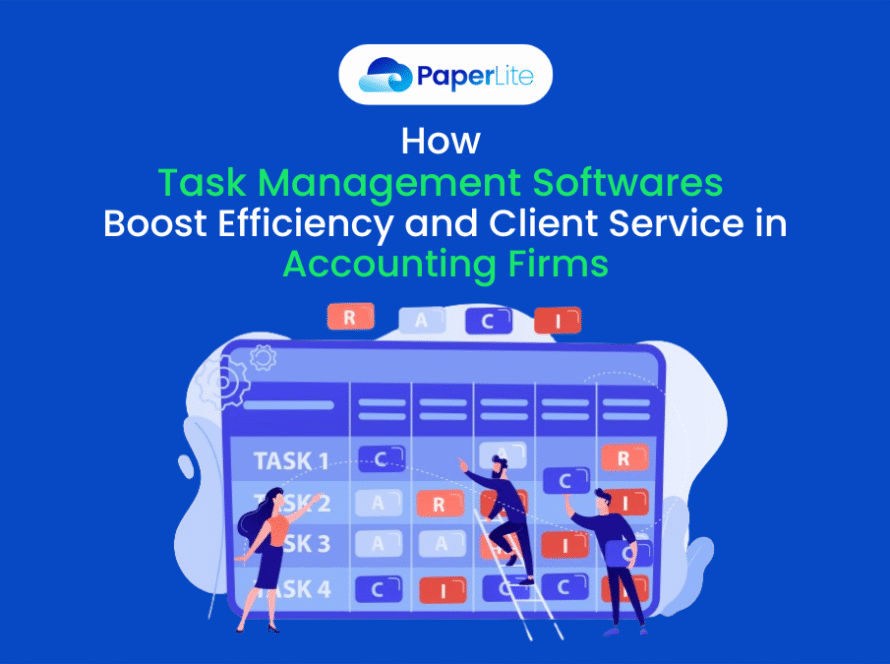 Introduction:
Introduction:
The field of Chartered Accountants (CA), although a very respected profession, is still something of an enigma amongst the masses. What comes next for certified CAs is the big question, which leaves many people confused as to what the CAs actually do and what the career opportunities look like for them. Well, putting it simply, the field of Chartered Accountants is like a boundless expanse. One that offers dozens of opportunities to both scale the heights of your career path as well as to specialize in any particular segment. Stay tuned as we embark on an enthralling odyssey into the various specialized domains that open up for a certified Chartered Accountant to grow professionally, in this blog.
The Classic Route
It’s the route that the general mass expects a certified Chartered Accountant to follow. Includes:
a) Audit and Assurance:
Audit and assurance is a critical function in the financial world. It involves examining and verifying financial information to ensure its accuracy and reliability. There are two primary paths within this field:
External Auditing and Internal Auditing
b) Taxation:
Taxation is a specialized area that focuses on the complex world of tax laws and regulations. Professionals in this field provide tax advisory and compliance services to individuals and businesses:
c) Accounting and Financial Reporting:
This route involves maintaining accurate financial records and preparing financial statements that provide a clear picture of an organization’s financial health. There are various roles within this field, like Financial Accountant, Management Accountant and Forensic Accountant.
Advanced Specializations
One step ahead of the Classic paths for the CAs, and may/may not require additional specializations and skills. These include:
a) Forensic Accounting:
Combining accounting and investigative skills to uncover financial fraud and embezzlement. Involves fraud detection, transaction analysis, litigation support, and preventive measures.
b) Business Valuation:
Determining the value of businesses for mergers, acquisitions, legal disputes, or financial reporting. Requires strong analytical skills and understanding of market trends.
c) Management Consultancy:
Advising companies on strategy, operations, and performance improvement.
d) Financial Planning and Wealth Management:
Assisting individuals and businesses in managing finances, investments, and assets.
e) Risk Management:
Identifying and mitigating financial, operational, and regulatory risks for organizations. Involves risk assessment, mitigation strategies, compliance, and crisis management
Non-Traditional Route
The realm of accounting and finance has now also expanded to include diverse avenues beyond the traditional roles. The CAs are now branching into specialized paths that offer distinct prospects, like,
a) Entrepreneurship:
Starting your own accounting or financial consulting firm.
b) Teaching and Training:
Sharing your knowledge by training the next generation of CAs.
c) IT and Data Analytics:
Incorporating technology and data analysis skills to provide insights into financial trends and patterns.
Going Global
Beyond the traditional roles, the field of accounting and finance has emerged to offer a spectrum of interesting career paths that are challenging as well as equally rewarding, at a global scale.
a) International Taxation:
The realm of international taxation beckons those with a keen eye for cross-border complexities. As businesses continue growing and dealing across borders, the need for experts in international tax regulations becomes paramount. Here are some of the roles wherein CAs are required under International Taxation: Global Tax Compliance, Transfer Pricing, Tax Optimization and Risk Management
b) International Financial Reporting Standards (IFRS):
The IFRS has emerged as the international language of financial reporting, with specialists in this field playing a pivotal role in ensuring accurate and transparent financial information flow across borders.
Expatriate Services
The role of expatriate services involves helping individuals and businesses navigate international work situations by ensuring they understand and comply with the tax regulations in different countries. Some of the key aspects that come under expatriate services are:
Cross-Border Taxation, Double Taxation Agreements ,Compliance and Reporting and Employee Benefits.
Conclusion:
In conclusion, the scope of careers and growth potential in the CA field is endless. You can either go the traditional path, or choose something more adventurous and risky. No matter what, you are in control of your journey. So, pick your path, find your passion and let your career soar.


